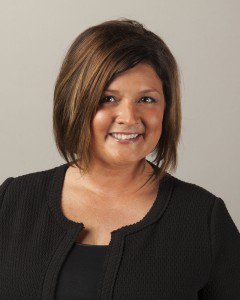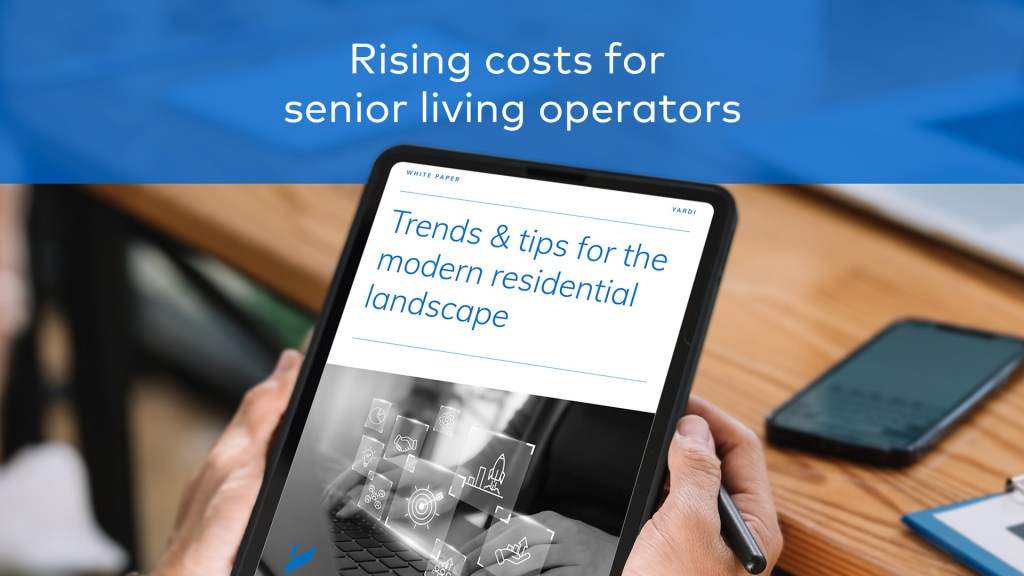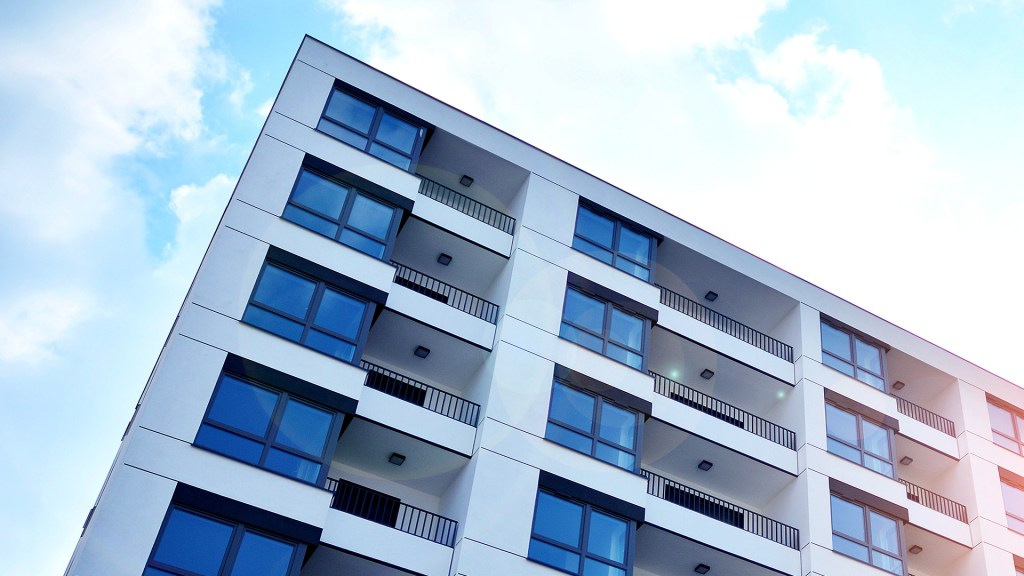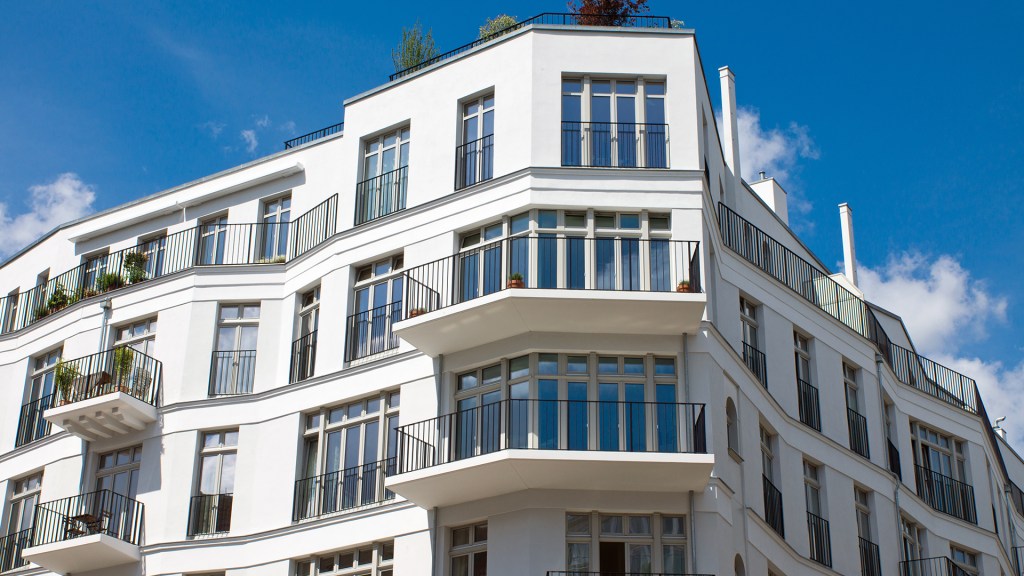By Leah Etling on January 5, 2015 in People
Exemplifying the concepts of New Urbanism, Issaquah Highlands is a master-planned community near Bellevue, Washington, with a dynamic mix of rental housing and single family homes. With four acres of open space set aside for every one acre of development, the Highlands provides residents with tremendous access to the great outdoors – bu t also features shopping, entertainment and even a green hospital in its commercial sector.
t also features shopping, entertainment and even a green hospital in its commercial sector.
We recently sat down for an interview with Rachel Garrett, the Highlands’ Director of Community Operations for the last 7 years. She shared some of the most popular amenities of this unique development and told us about how technology has positively influenced its management.
What is your role at Issaquah Highlands?
Garrett: I’m the Director of Community Operations, which means I oversee our community managers. They do our problem solving for homeowners and the work of issuing violations and community covenant enforcement. We have a master Homeowners Association, and 23 sub-associations. I also manage the operations side of our community, which involves day-to-day field oversight.
Tell us about the range of housing opportunities provided at Issaquah Highlands?
Garrett: We’ll build out at approximately 4,000 units of housing, and that includes roughly 760 rental units. 30% of all units within the Highlands are Affordable Housing Units. We have everything from 400-sqare foot studio condos to 5,000 square foot homes that sell for $5 million. Our total population is about 9,000 residents.
What does the commercial portion of the project include?
Garrett: The commercial portion of the project really transitioned in progress due to the influence of the recession. It was initially proposed to be this very high end shopping center, more like The Grove in Los Angeles. But after the economic downturn, people weren’t developing retail like that anymore, so it shifted. The end result offers everything residents need, right there in the community – a movie theatre, restaurants, and retail, within 500,000 square feet of commercial space.
You’re in a technology-focused part of Washington state, with Microsoft nearby. What connectivity options are provided for Highlands residents?
Garrett: When you enter the community, whether you are living in a rental unit or a single family home, you are automatically part of the Highlands Fiber Network. The rates are very competitive, and it is wholly owned by the Highlands Council, so it’s truly a community amenity. We have many residents who run their own businesses or work from their homes, and that network is a much-appreciated amenity for them.
What are the most important technology pieces for Issaquah Highlands’ back-office management?
Garrett: The first is Software as a Service. We run a large, complex community with a relatively small team. SaaS has enabled us to spend less time on system maintenance and more time on innovation. Our staff resources are dedicated to our core business and not spent wondering if our data is secure or if our server hardware needs maintenance.
It’s also been a cost savings tool for us. There’s the obvious cost savings in not having to purchase and replace hardware, the overhead of housing and protecting the hardware, securing the data, and the staff to manage all those pieces but what we’ve really recognized is the opportunity cost – what is our staff able to do and accomplish because they’re not having to manage those other pieces.
Who is your technology provider?
Garrett: We use the Yardi Voyager 7S product wholly. We have no other back end products. It’s a very robust reporting and accounting package. We do all of our tenant/resident billing and all of our owner/investor files are kept there, too.
How has Yardi Voyager improved your efficiency as an organization?
Garrett: The reporting capabilities in Voyager have also had a direct impact on the success of the IHCA. Since we’ve been able to drill down and really dissect our A/R we’ve realized a 75% reduction in delinquent accounts from 2010 to 2014 and are currently at 0.7% for delinquent accounts – which is almost unheard of in the HOA world.


